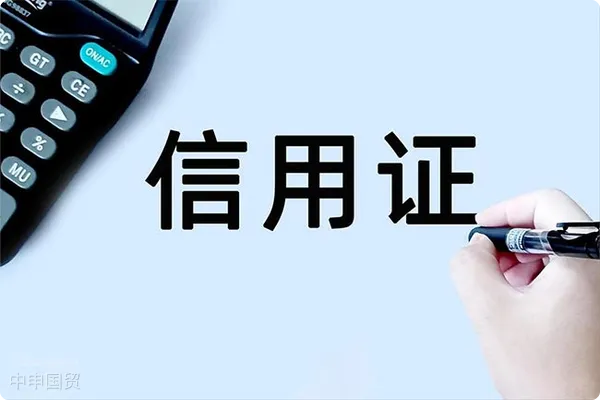- Shanghai Zhongshen International Trade Co., Ltd. - Two decades of trade agency expertise.
- Service Hotline: 139 1787 2118
Do you think that throughL/Csettlement, the payment is completely secure? The reality is not so! Even with the secure payment method of a letter of credit, there is still a risk of unjustified refusal of payment! How to effectively mitigate risks and ensure the safety of your payment? In such cases, exporters should take measures to recover payment or minimize losses as much as possible. This article provides a comprehensive guide, from selecting the issuing bank to preventive measures!

Risk control for the issuing bank of a letter of credit
First, the best way to prevent such situations is to conduct thorough due diligence and risk control on the issuing bank. Before accepting a letter of credit, exporters should take the following measures:
Understand the creditworthiness of the issuing bank:Assess its credit and payment capability by obtaining a credit report on the issuing bank. Sinosure (China Export & Credit Insurance Corporation) can provide detailed credit reports. If Sinosure refuses to insure the issuing bank or quotes a premium significantly higher than other banks, this may indicate poor creditworthiness of the issuing bank.
Selecting a Reliable Issuing Bank:It is advisable to choose large banks with good international reputations as issuing banks. If the counterparty proposes small or unknown banks as issuing banks, exporters should exercise particular caution and investigate their past performance history and financial status.
Confirming the Details of the Letter of Credit Terms:Before signing the letter of credit, ensure that the terms are clear and unambiguous, and that there are no soft clauses. These clauses often provide the issuing bank with grounds for refusal. For example, soft clauses may include requirements for additional documents or specific inspection conditions, which the issuing bank or applicant can use as excuses for refusal.
II. Remedial Measures After Letter of Credit Refusal
If an unjustified refusal has occurred, exporters can take the following steps:
Negotiating with the Issuing Bank:Immediately engage with the issuing bank through the advising bank (the exporters local bank) and request a written explanation for the refusal. According to the Uniform Customs and Practice for Documentary Credits (UCP 600), the issuing bank must provide a clear written reason for refusal. If the issuing bank fails to comply with UCP 600 rules, the exporter can use this as grounds for dispute.
Seeking Legal Assistance:If negotiations fail, exporters can pursue legal action to resolve the issue. In such cases, hiring a professional international trade lawyer is crucial, as they can provide legal support based on international trade laws and practices.
Resolving Disputes Through International Arbitration:If both parties cannot resolve the dispute through negotiation, the exporter may consider submitting the dispute to an international arbitration institution, such as the International Chamber of Commerce (ICC) Court of Arbitration. International arbitration institutions have extensive experience in handling international trade disputes and can provide a fair and impartial platform for resolution.
III. Other Preventive Measures
Using a Standby Letter of Credit:A standby letter of credit is a payment instrument that ensures the beneficiarys payment if the counterparty fails to fulfill its payment obligations. It can serve as an additional safeguard to the primary letter of credit and can be invoked to secure payment in case of refusal.
Purchasing Credit Insurance:Exporters can purchase export credit insurance to transfer credit risks. If the buyer defaults or the issuing bank refuses payment, the insurance company can provide compensation. Although insurance costs increase transaction expenses, it offers greater security.
Advance Payment or Deposit:For large or high-risk transactions, exporters may require the buyer to pay a certain percentage of advance payment or deposit to reduce the risk of letter of credit refusal or default.
Summary
Although letters of credit are a widely used secure payment method in international trade, potential risks still exist, particularly when the issuing bank has poor creditworthiness or intends to refuse payment. By thoroughly understanding the risks of letters of credit, selecting reliable issuing banks, designing reasonable terms, and utilizing safeguards such as standby letters of credit and credit insurance, exporters can better manage refusal risks and ensure smooth payment recovery.
Related Recommendations
? 2025. All Rights Reserved. Shanghai ICP No. 2023007705-2  PSB Record: Shanghai No.31011502009912
PSB Record: Shanghai No.31011502009912









